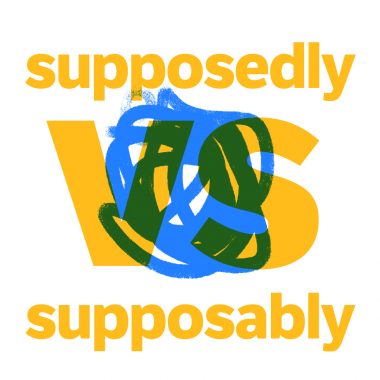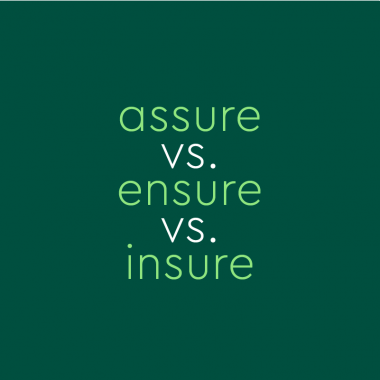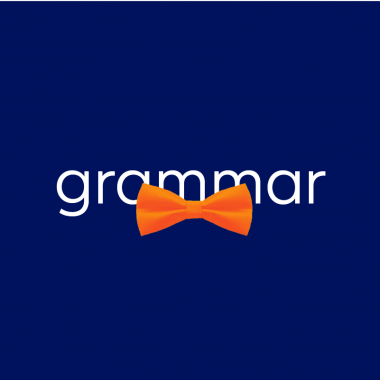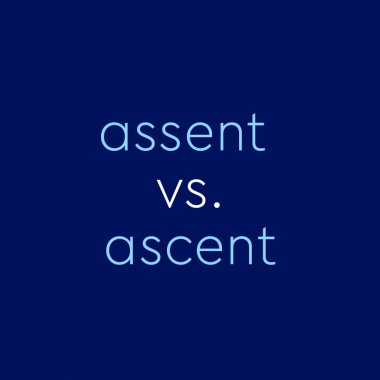Tag Archives: interest-writing
-
“Supposedly” vs. “Supposably”: Yes, There Is A Difference
Recently, we added the word supposably to our dictionary. And, what do you suppose happened? For one thing, we discovered how strongly people feel about this word—which many assume to be a recently invented term or a mispronunciation. Others quite reasonably think it’s a synonym of supposedly. After all, even Joey from Friends famously and hilariously couldn’t figure out if supposedly and supposably were different words. …
-
5 Crafty Ways To Get Your Kid (And You) Into Poetry
By Ashley Austrew If you’re a fan of poetry, you know how even the simplest of poems can be moving, challenging, and inspiring. It’s for these reasons that the United Nations Educational, Scientific and Cultural Organization (UNESCO) declared March 21 World Poetry Day in 1999, and it’s a holiday we’ve been celebrating since. For some, poetry is the language of love, beauty, and passion. But …
-
Insure vs. Ensure vs. Assure: What’s the Difference?
Let’s say you’re in a thorny situation, and you find yourself wanting to offer comfort. Do you have a word or two in your back pocket for this moment? Do you assure your friend it will be alright? Or do you ensure them they’ll feel better soon? … Or is the word you’re looking for insure? Confused? This is a tricky one. Assure, ensure, and insure ultimately derive …
-
Meet Two Extinct Letters Of The Alphabet: “Thorn” And “Wynn”
The English alphabet, as you likely know, is made up of 26 letters. But it wasn’t always that way. How old is the alphabet? Before we get to the history of specific letters, let’s talk a bit about Old English. English was first written in the Anglo-Saxon futhorc runic alphabet, also known as Anglo-Saxon. The Angles and Saxons came from Germany and settled in Britain …
-
“Assent” vs. “Ascent”: What’s The Difference?
Homophones: love them or hate them, they’re everywhere. These two are a great example. They may sound the same, but their meanings couldn’t be any more different. Assent is a word that indicates agreement or approval. Ascent refers to an upward movement. Let’s take a closer look. What does assent mean? As a verb, assent means to agree or to give in. When used as …











